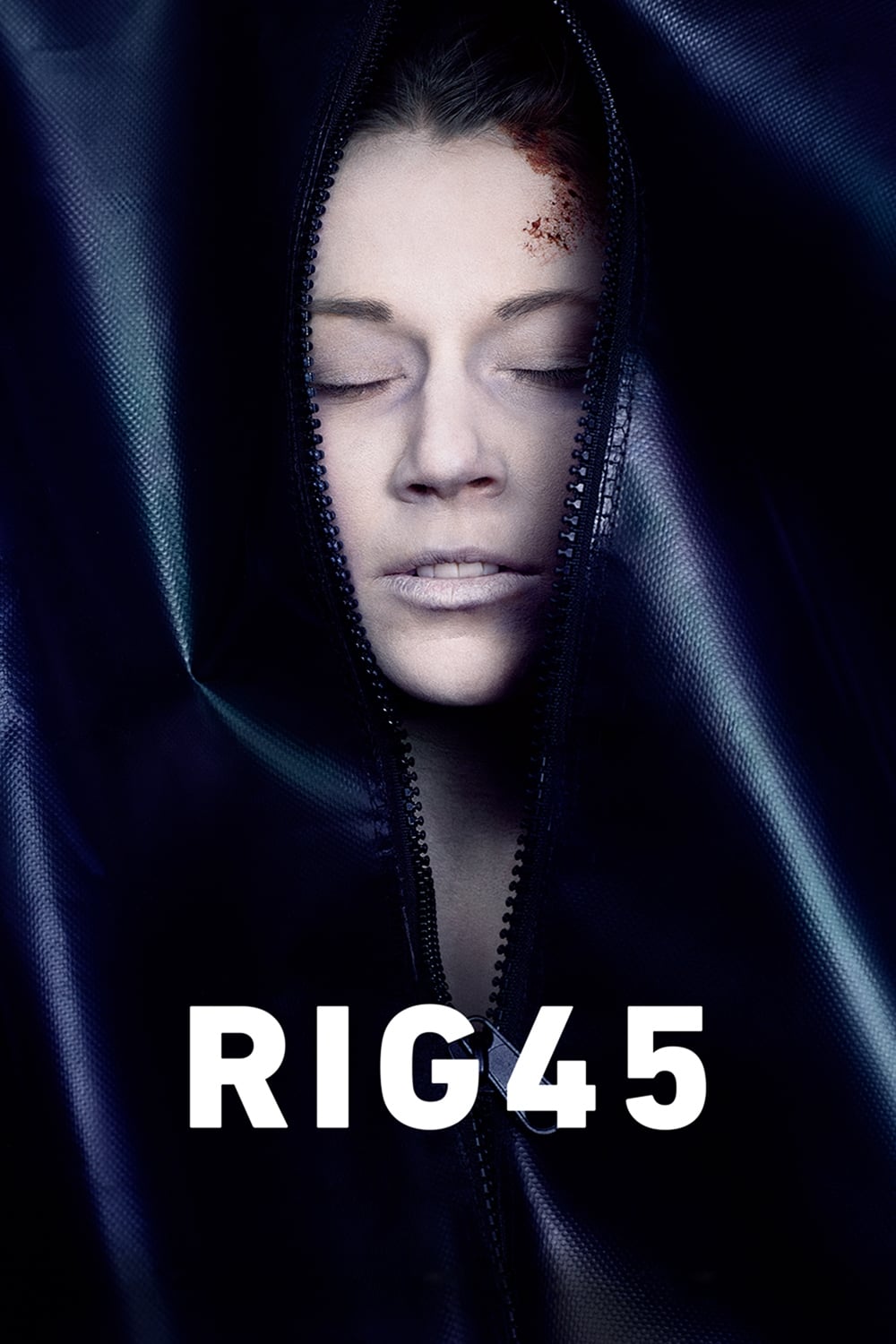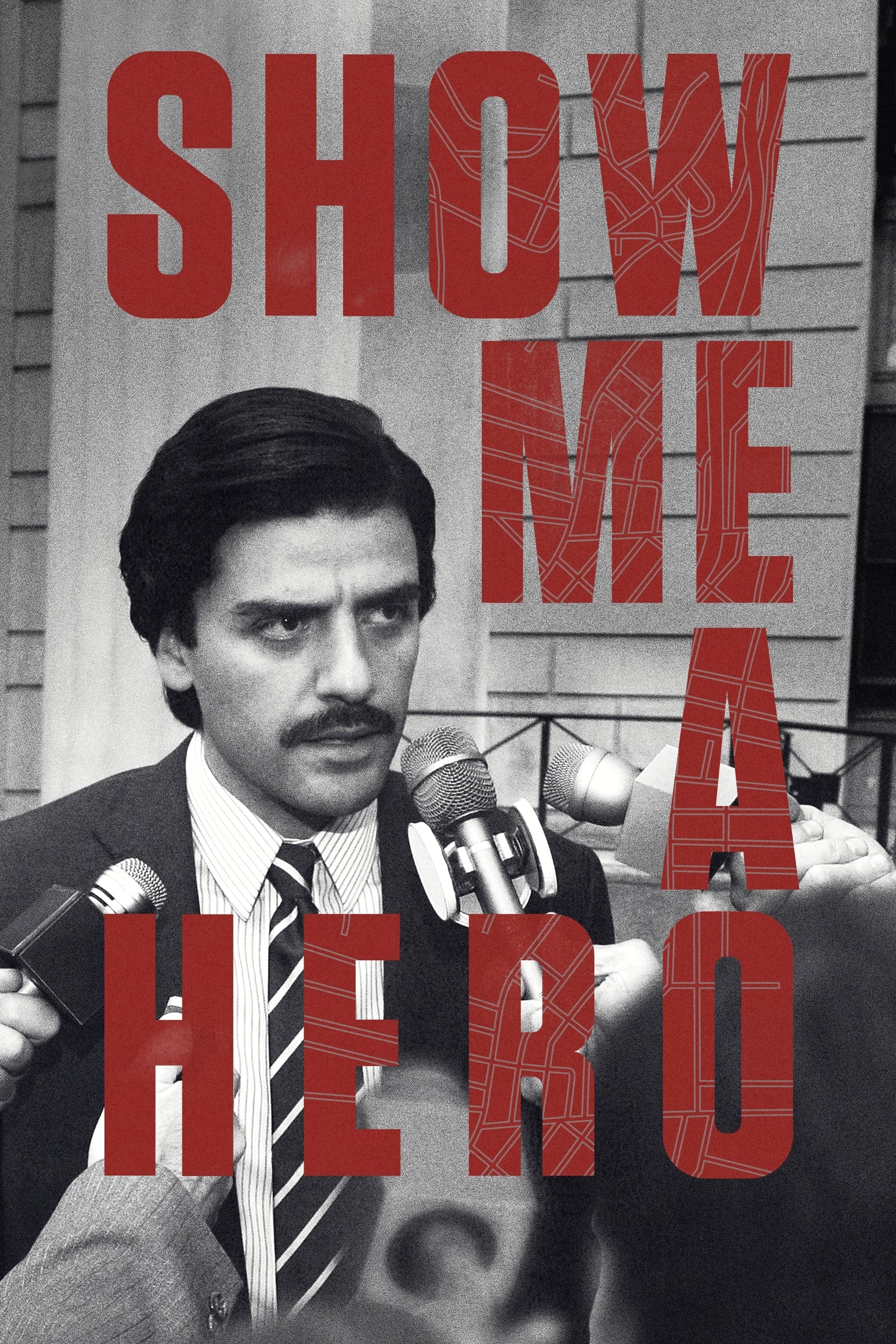
Sigiswald Kuijken – Solo (2024)
FLAC (tracks) 24 bit/96 kHz | Time – 58:07 minutes | 1,02 GB | Genre: Classical
Studio Masters, Official Digital Download | Front Cover | © Accent
Sigiswald Kuijken is one of the most important pioneers of the early music scene and celebrates his 80th birthday on February 16, 2024 by releasing this new recording.
Throughout his life as a musician, his vision went far beyond conventional “classical” violin playing. As a student, he was already working on baroque playing techniques on the violin and, as a significant milestone in historical playing, developed violin playing without support and chin rest, with the instrument resting freely on the shoulder.
He had already learned to play the viola da gamba at a young age through self-tuition. In 2004, he advocated the revival of the violoncello da spalla for the first time and played the cello played on the shoulder, which was the actual basso continuo instrument in the Baroque period and was completely forgotten in the course of history.
Read more![Marie Kuijken, Sara Kuijken, Sigiswald Kuijken - Mozart En Famille (2022) [Official Digital Download 24bit/96kHz] Download](https://i0.wp.com/imghd.xyz/images/2022/08/10/z5bhlnobed4ac_600.jpg?resize=500%2C500&ssl=1)
Marie Kuijken, Sara Kuijken, Sigiswald Kuijken – Mozart En Famille (2022)
FLAC (tracks) 24 bit/96 kHz | Time – 01:06:06 minutes | 1,14 GB | Genre: Classical
Studio Masters, Official Digital Download | Front Cover | © Challenge Classics
This recording of Mozart chamber music can be listened to as a pleasant private concert “en famille”. The choice of the works is dictated solely by the specific instruments played by the three family members: violin, viola and keyboard. This is not a usual instrumentation in the chamber music repertoire, yet it is this combination that has given rise to a pleasantly varied programme – thanks to Mozart’s inexhaustible genius!
(more…)

Marie Kuijken, Veronica Kuijken, La Petite Bande, Sigiswald Kuijken – Mozart, W.A.: Piano Concertos KV 413, KV 414 & KV 415 (2017)
FLAC (tracks) 24 bit/352,8 kHz | Time – 01:14:32 minutes | 4,09 GB | Genre: Classical
Studio Masters, Official Digital Download | Front Cover | © Challenge Classics
Sigiswald Kuijken: Mozart conceived the 3 piano-concerti KV 414, 413 and 415 in 1782, one year after he had settled in Vienna as a more or less free-lance musician. From onset, his idea was to get these works (KV 414, 413 and 415) published; he obviously expected a positive response from the public, not only on the financial level but also as a composer and piano virtuoso. In order to enhance the attraction for his publication, he decided to write these concertos in such a way that they could be performed not only with full orchestra (i.e. strings and winds), but also with a reduced accompaniment of only string quartet. Clearly, Mozart did not consider this strategic starting point as an artistic limitation, but rather as a challenge: in fact, already the score without the wind parts should leave nothing to be desired. This resulted in a very careful and beautiful string writing, matching the solo part in the most effective and intimate way. The wind parts were then conceived to accentuate and “colour” certain passages in the accompaniment with even more depth.
Although Mozart in his announcements and the print of these concerti always mentions the “normal” composition of the string quartet (2 violins, viola and violoncello), I took the liberty to replace the violoncello by a double bass in our performances and our recording of these concertos. My reason was purely musical. Looking and listening to these works, we find a clear difference concerning their string-bass writing compared with Mozart’s own quartets for violin, viola, violoncello and piano, or also his trios for violin, violoncello and piano.
In these piano concertos the string bass is only playing the essential bass-line of the whole texture, thus very often doubling in simplified way the soloist’s left hand. Therefore, in fact this so called “violoncello” part shows exactly what the usual “basso” parts show in orchestral works or generally in the more conventional divertimento-style: offering and strengthening the (highly necessary) fundamental bass on which the whole of the construction is resting. So replacing the violoncello by a double bass in this reduced version of these concertos seems to me an obvious choice.
Read more
La Petite Bande & Sigiswald Kuijken – Kantaten im Januar (2021)
FLAC (tracks) 24 bit/96 kHz | Time – 01:02:08 minutes | 1,13 GB | Genre: Classical
Studio Masters, Official Digital Download | Front Cover | © Accent
Even after the completion of the highly praised Bach cantata series, which was released between 2004 and 2014, and in which La Petite Bande recorded cantatas for every Sunday of the liturgical year, Sigiswald Kuijken still does not let go of his great passion for Johann Sebastian Bach. He turns once again to the cantatas and presents on his new recording three works that Bach wrote for the end of January and the beginning of February, and that he performed in Leipzig at St Thomas’ Church between 1725 and 1729. Two of these cantatas – BWV 72 “Alles nur nach Gottes Willen” (1726) and BWV 156 “Ich stehe mit einem Fuß im Grabe” (1729) – were composed for the third Sunday after Epiphany, and the other one – BWV 92 “Ich hab in Gottes Herz und Sinn” (1725) – for the Sunday Septuagesima, i.e. for two weeks later. Kuijken remains true to his performing decisions for the cantata series: all instrumental and vocal parts are occupied only by soloists, which results in a very transparent sound and makes the structures and layers of Bach’s sometimes highly complex works always easily audible.
Read more
La Petite Bande, Sigiswald Kuijken – Johann Sebastian Bach – H-MOLL-MESSE (Mass B Minor BWV 232) (2009)
DSD64 (.dsf) 1 bit/2,8 MHz | Time – 01:41:39 minutes | 4,02 GB | Genre: Classical
Official Digital Download – Source: nativeDSDmusic | Digital Booklet | © Challenge Records / Northstar Recordings
In the 1980s, Joshua Rifkin published his Preliminary Report on the workings and makeup of the “choir” in the vocal works of Johann Sebastian Bach. His conclusions (then provisional and to be further elaborated on) radically contradicted the practice of the time, which consisted in unreservedly assuming that by “choir” – indeed – Bach meant a vocal ensemble that has multiple singers per part, resulting in a more or less substantial number of performers. Before Rifkin, nobody had studied the sources with such seriousness from that standpoint or sought to envision the actual conditions Bach faced in his position as cantor. Rifkin’s findings, thus, were “sacrilegious.” Generally, he concluded, Bach used one singer per part in his cantatas, motets, passions, etc., so there was no “choir” in the modern sense of the word – consequently, the B minor Mass requires just eight vocalists (the Osanna is set for 2 choirs: 2 x 4 singers).
Read more
La Petite Bande, Sigiswald Kuijken – Johann Sebastian Bach – Weihnachtsoratorium BWV 248 (2014)
DSD64 (.dsf) 1 bit/2,82 MHz | Time – 02:19:19 minutes | 5,49 GB | Genre: Classical
Official Digital Download – Source: nativeDSDmusic | Digital Booklet | © Challenge Records / Northstar Recordings
The Christmas Oratorio is a series of 6 separate cantatas, collectively relating the story from Christmas through to Twelfth Night. Bach wrote the work in Leipzig in 1734 and 1735 for Christmas Day (I), Boxing day (II), the third day of Christmas (III), New Year (IV), the Sunday after New Year (V) and Twelfth Night (VI). As with the Passions, the texts here are drawn from three sources: (1) the evangelical texts (primarily Luke and Matthew) intoned by the Evangelist (tenor) as recitatives, (2) chorales from the Lutheran tradition and (3) free texts for arias and some choral passages, written by the poet Picander.
Read more
La Petite Bande, Sigiswald Kuijken – Johann Sebastian Bach – St. John Passion, BWV 245 (2012)
DSF Stereo DSD64, 1 bit/2,82 MHz | Time – 01:51:35 minutes | 4,15 GB | Genre: Classical
Studio Masters, Official Digital Download – Source: nativeDSDmusic | Booklet, Front Cover | © Challenge Records / Northstar Recordings
Let’s start with a simple question : which version have you recorded? Hmm, this is actually a rather complex question. During Bach’s lifetime there were four different performances, each time with new modifications, some in response to the circumstances at the time, others influenced by which musicians and instruments he then had at his disposal. However Bach experimented to the greatest degree with the second version, dating from 1725: for instance, he used a different opening chorus (which was later to become the closing chorus of the first part of the St Matthew Passion, a work yet to be composed at this stage) and a couple of other arias near the end of the work. For the later performances he reverted to his first version from 1724, albeit with some differences in instrumentation. For instance, in the final version he includes a bassono grosso, but no one knows for certain which instrument he had in mind; possibly a 16-foot bassoon, i.e. a contrabassoon, a veritable chimney pot two metres in length. However, he scored this instrument in combination with the delicate sound of the lute and two violas d’amore, of all things! I cannot believe that Bach would opt for such an instrument in this passage; an 8-foot bassoon is more likely and the term bassono grosso probably indicates this more modern type of instrument rather than the earlier dulcian, although the latter had not totally fallen out of fashion at the time. However, I would not venture a definite opinion as to what bassono grosso means in this context. So we did not use this instrument: this was yet another reason to stick with the first version, since it raises fewer uncertain issues. Nevertheless, there are still various grey areas involved. Even prior to the first performance, before making the individual orchestral parts, Bach began to write out the score in fine calligraphy, a task he did not complete; and this score deviates in some aspects from the orchestral material used in the actual performance. The process of determining the most probable historical truth continues to have elements reminiscent of a detective novel; anyway, it will never be possible to clarify certain details. At any rate, we opted for the first version that everyone performs.
Read more
La Petite Bande, Sigiswald Kuijken – Johann Sebastian Bach: Matthaus-Passion BWV 244 (2010)
DSF Stereo DSD64/2.82MHz | Time – 02:37:27 minutes | 6,23 GB | Genre: Classical
Official Digital Download – Source: nativeDSDmusic | Digital Booklet | © Challenge Records / Northstar Recordings
Magnificent and transparent, a recording of the famous masterpiece by J.S. Bach by La Petite Bande and Sigiswald Kuijken. The ensemble has a worldwide reputation of aiming for the most authentic sound possible. Again Kuijken and his group of musicians and vocalists have achieved this the most sublime way!
Sigiswald Kuijken knows the St. Matthew Passion through and through. With La Petite Bande he gave performances of the work all over the world. Twenty years ago La Petite Bande (at that time with conductor Gustav Leonhardt and Kuijken as concertmaster) made their first recording of the Passion. It was a recording with soloists, a chamberchoir and an orchestral composition which was adjusted to that. Since then Kuijken’s vision on this masterpiece has changed very much. Ground-breaking musicological work of the last decades has brought him to a serious thin-out of his ensemble without the use of a conductor. There is not a real choir anymore, because the soloists perform also the choirparts. The boyschoir that is usually used in most performances of this Passion is replaced here by a single soprano voice!

La Petite Bande, Sigiswald Kuijken – Johann Sebastian Bach – Motets (2006)
DSF Stereo DSD64, 1 bit/2,82 MHz | Time – 56:46 minutes | 2,24 GB | Genre: Classical
Studio Masters, Official Digital Download – Source: nativeDSDmusic | Booklet, Front Cover | © Challenge Records / Northstar Recordings
J.S. Bach’s motets are the indisputable summit of his output. Traditionally the motets have been placed at the centre of his choral universe.Choirs can show off their technical brilliance, and moreover these scores are a joy to perform regardless of one’s style of interpretation. However, for the last 25 years musicians and musicologists have subjected the importance of Bach’s choirs to a fundamental review. The current research points out that Bach himself almost never had more than eight singers at his disposal (even for double-choir pieces). This is far away from the usual more or less large choirs for the great choral works. This research has been the source of inspiration for this production of the Bach motets to use only one singer per part. The result delivers an unusual transparency and clarity of the musical lines. (The 4-part Motet Lobet den Herren, alle Heiden has not been included in this recording because of serious doubts about authorship.)
Read more


























![Sigiswald Kuijken - Solo (2024) [24Bit-96kHz] FLAC [PMEDIA] ⭐️ Download](https://i0.wp.com/imageurl.xyz/images/2024/02/18/SigiswaldKuijkenSolo202424Bit96kHzFLACPMEDIA.md.jpg?w=858&ssl=1)